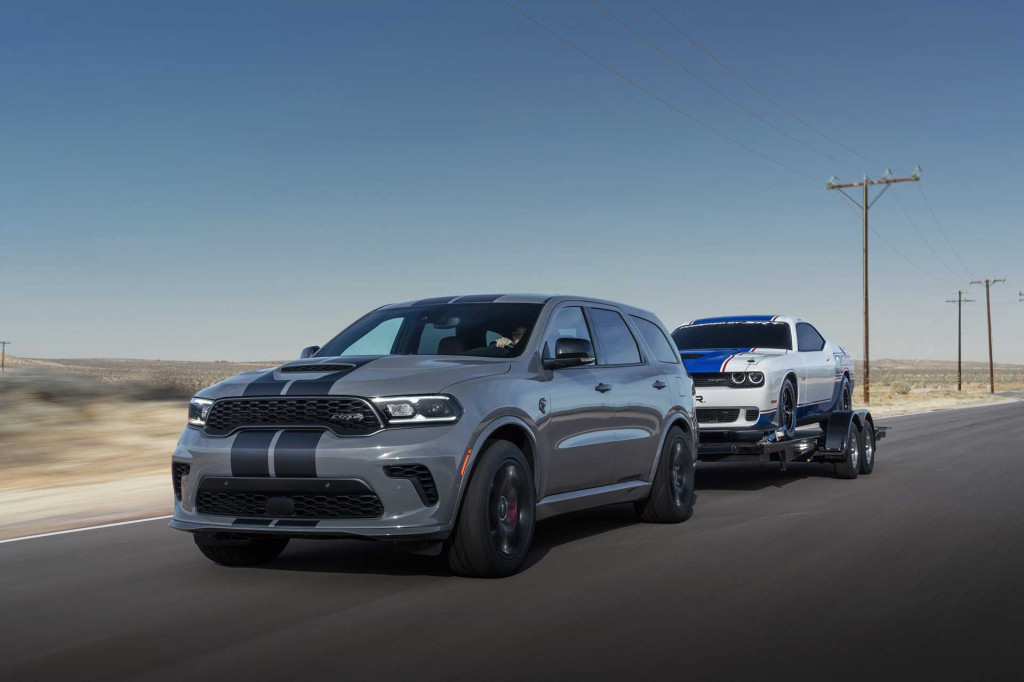Tesla is pushing a United States appeals court to reinstate a 2016 rule enacting steeper fines for automakers that fail to meet fuel economy targets, Reuters reports.
In January—just days before President Joe Biden took office—the Trump administration delayed the implementation of the this rule until the 2022 model year. Tesla told the Second Circuit U.S. Court of Appeals that this was "unlawful" and "diminishes the value of performance-based incentives that electric vehicle manufacturers, such as Tesla, accrue under the standards," according to court filings obtained by Reuters.
The Biden administration has promised tougher emissions standards, but it opposes Tesla's request, saying the the National Highway Traffic Safety Administration (NHTSA) is conducting a review of the Trump administration's actions, which is expected to take six months, according to the report.
Tesla, which first asked the court to reinstate the higher fines March 4, said Monday that the government's position "ignores the ongoing impacts" on the market for emissions credits, the report said.

2021 Dodge Durango SRT Hellcat
Automakers at risk of missing fuel-economy targets can buy credits from competitors that have surpassed the standards, and that has long been a big source of revenue for Tesla. A 2019 deal to pool credits with Fiat Chrysler Automobiles (now Stellantis) in Europe was reportedly worth $2 billion.
Fuel-economy fines were first enacted in 1975, and have only been raised once—from $5.00 to $5.50 for every 0.1 mpg over current standards, in 1997. That means they've lost nearly 75% of their original value, Reuters reported, citing statements from environment groups.
In 2015, Congress ordered all federal agencies to adjust civil penalties for inflation which, in the case of fuel-economy fines, meant an increase from $5.50 to $14 per 0.1 mpg over the limit. The Trump administration lost a court battle in 2018 over an attempt to roll back the fines, and also tried to freeze fines at a much lower rate than was original proposed, a move that was overturned in a U.S. appeals court ruling in 2019.
The Biden administration was expected to act quicker—especially to enforce fines enforcing rules set many years ago—but it may take time to address all of the regulatory damage done by the previous administration.












